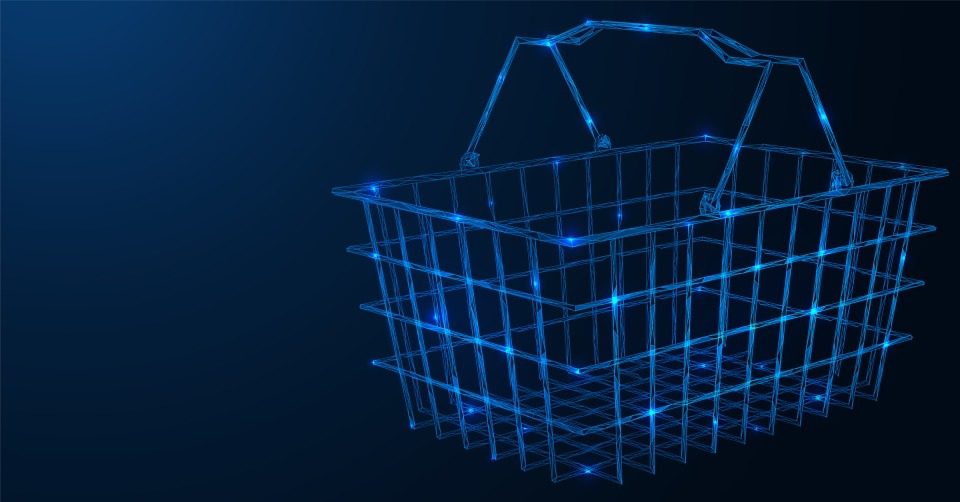What is the intellectual property enterprise court?
The Intellectual Property Enterprise Court (the IPEC) was established to provide a cost effective and straightforward alternative to more complex high court litigation, particularly for small and medium sized businesses.
In October 2012, the IPEC introduced a small claims track for more straightforward intellectual property disputes making IP litigation even more accessible.
What type of issues are heard?
- The IPEC can be used for a broad range of intellectual property disputes, including:
- Infringement of patents, designs, trade marks, copyright and other intellectual property rights
- Revocation or invalidity of patents, registered designs and trade marks
- Amendment of patents
- Declarations of non-infringement
- Determination of entitlement to a patent, design or any other intellectual property
- Employee’s compensation in respect of a patented invention
- Unjustified threats of proceedings for infringement of patents, designs or trade marks
- Misuse of trade secrets and other breaches of confidence.
If appropriate, the IPEC can also hear commercially related matters, such as a breach of fiduciary duties and defamation.
The small claims track is used for simpler disputes, involving copyright, trade marks and unregistered designs. The type of actions not included in the small claims track include patents, registered designs and plant varieties.
What will it cost and how much is awardable?
Damages in the IPEC are capped at £500,000 but can be increased by consent. The total costs awardable are limited to £50,000 for the liability hearing and £25,000 for the damages hearing, based on a scale of costs. Such costs caps do not apply in the High Court. Hearings in the IPEC are also limited to just 2 days., The case may be transferred to the High Court if the Judge considers it too complex for IPEC
The small claims track deals with straightforward cases transferred with a value exceeding £10,000. Legal fees are generally not recoverable in the small claims track.
What is the procedure?
Once the claim form is served, the timescales in the IPEC for filing the statement of case, defence, counterclaim and reply, are fixed and not extendable without good reason. This is in keeping with the Court’s objective of maintaining a streamlined process, with the aim of reaching a hearing within 8 months to a year. This is significantly quicker than would be possible in the High Court.
The rules relating to evidence and witnesses are more restricted than in the High Court, particularly for the small claims track, which are more than in the multi-track. Once the directions to trial are agreed, the dates must be strictly complied with.
What are the advantages?
- Quicker: cases could be dealt with within a year compared to 2 to 3 years in the High Court
- Cheaper: because the process is more strictly managed, with shorter and fewer hearings, costs are lower than the High Court. Costs can range from £5,000 in the small claims track to £150,000 for more complex IP disputes. It is not uncommon for cases in the High Court to exceed £500,000.
- Pan-European: the IPEC is a Community Court, meaning it has jurisdiction to make decisions over community IP rights and can order pan-European injunctions.
- Lower financial risk: the costs and damages caps reduce the risk and exposure for both parties.
- Specialist judges and active case management: the IPEC’s judges are full time and specialise in IP disputes. Active case management minimises frustrating tactics from the other side.
What are the disadvantages?
- Stricter: the tighter timescales, evidence limitations and restricted costs caps can reduce the parties’ freedom to litigate, however, this is less of a problem for more straightforward disputes.
- Costs caps: whilst the caps reduce exposure, it usually means that , not all costs incurred will be recoverable. This is particularly so for complex disputes perhaps involving expert witnesses and lengthy disclosure.
The number of cases heard in the IPEC rose from 116 in 2011 to 287 in 2013. These numbers illustrate the increasing popularity of this cost effective alternative to High Court litigation.
The IPEC has established itself at the forefront of cost effective IP litigation in the UK
Here at Appleyard Lees, our IP litigation team, which includes two experienced solicitors and several trained litigators, can guide you through the IPEC’s procedures, helping you to protect and enforce your IP rights in the UK and Europe.
If you would like to speak to one of our IP litigation experts, please contact Chris Hoole or Robert Cumming.












